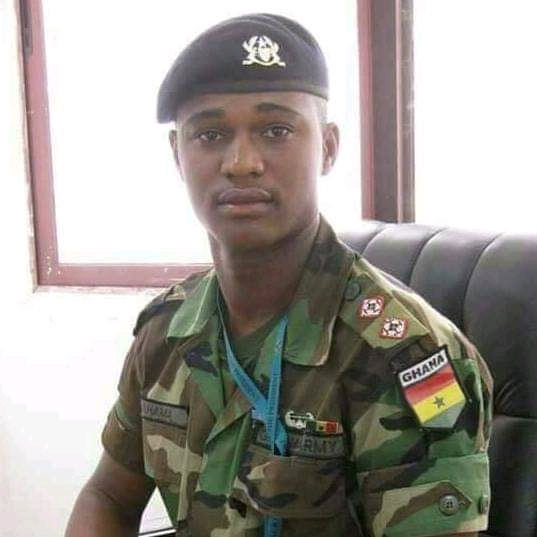It has emerged that the result of a forensic test conducted on one of the weapons allegedly used in lynching Major Maxwell Mahama has been made available to the Office of the Attorney General.
According to a Deputy Director of Operations at the CID Headquarters, ASP Baffuor Apenteng Nyamekye, who is the 12th prosecution witness in the soldier’s murder trial, the test was done on a gun which was picked from the crime scene.
The witness was answering questions during cross-examination by George Bernard Shaw, lawyer for five of 14 accused persons.
The lawyer asked whether any forensic examination had been done to know who had ever handled the items used in the lynching.
“We took the six-inch block and the stones to the lab but we were told because of the rough nature nothing could be done. But the gun was examined and the result was submitted to the AG. I was not privy to the result,” ASP Apenteng responded.
The witness who led in his evidence in chief by Evelyn Keelson, a Chief State Attorney, tendered in evidence, certain implements which were allegedly used in murdering the late soldier.
The weapons which included six-inch cement blocks, stones and a metal bar were tendered in evidence after the witness had identified them.
It was these weapons that the defence lawyer Mr. Shaw demanded to know whether a forensic test was conducted to get a DNA of the person who might have used it.
Meanwhile, the witness has denied claims by the defence lawyer that the late Major Mahama was killed in a valley.
According to him, the late military officer was killed behind a mud house situated “after you cross a deep gutter on a high ground. It is also not correct that there were only two mud houses. There are many except that they are metres apart.”
Another defence lawyer, Augustine Gyamfi, asked the witness how the suspects were arrested and how the prosecution narrowed the list to the 14 persons standing trial.
He said a total of 56 people were arrested in and around Denkyira-Obuasi and brought to Accra and after investigations the 14 who had something to do with the crime were charged while the others were discharged.
Major Maxwell Mahama was on a 20-kilometre walk when he was reportedly mistaken for an armed robber by some women from whom he had stopped to buy some snails.
The women, who thought he was an armed robber after spotting his official pistol, reportedly called the assemblyman for the area to raise the alarm.
The assemblyman allegedly organised people in the town to lynch the soldier and later burned parts of his body.


